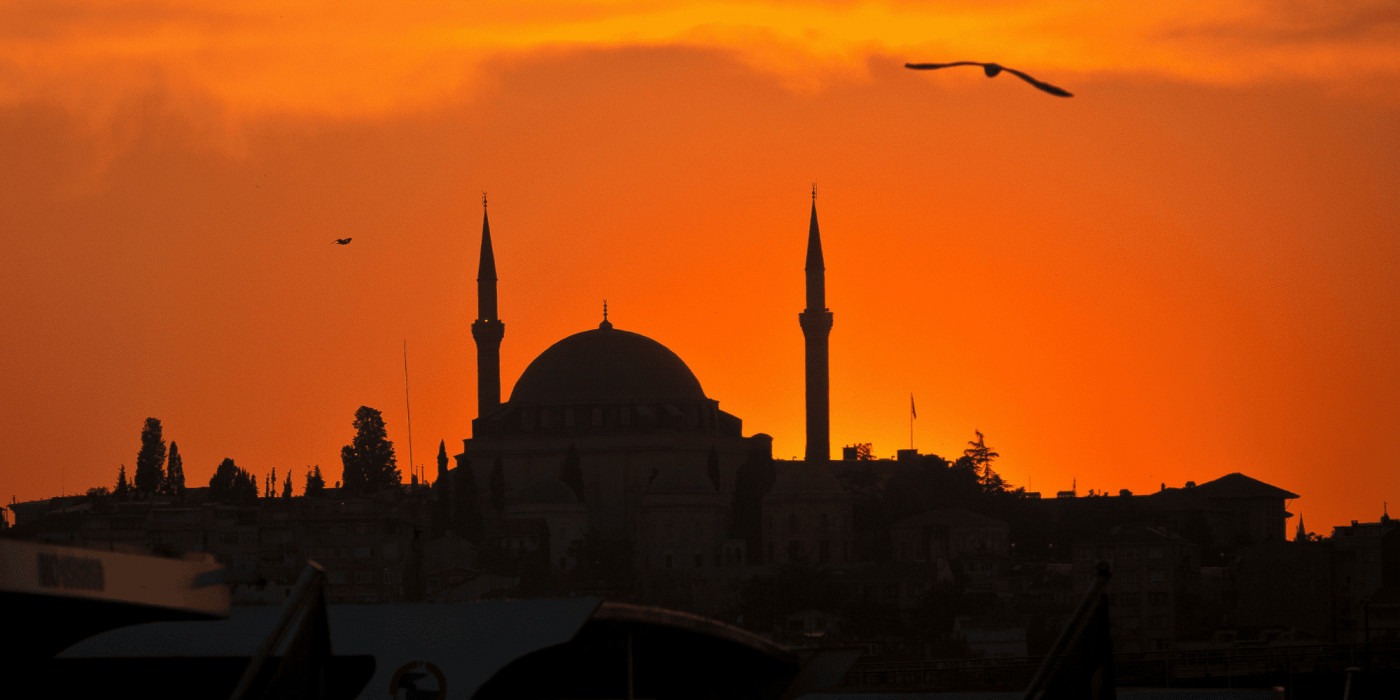Building a home: my Ramadan experience at university
There is a word in Arabic called ‘Ummah’, which has a lot of significance in Islam because it means community. For the longest time, I read this word at face value and simply went about my days, but for the first time this year, I realised the value it holds. For the past 21 years, I haven’t spent a single Ramadan, or Ramzaan as we say in the Subcontinent, away from home. This was my first one almost 8000 miles away and I wouldn’t trade it for anything else at all.
Ramadan is the ninth month in the Islamic lunar calendar and is considered to be one of the holiest and most auspicious, as it is believed that this was the time when the Holy Quran was sent down to Earth. While debate still ensues upon the larger history of why it is observed and how it came to be, there is a common acceptance of its significance. It’s rooted in charity, brotherhood, self-reflection, and overall, just realising there is more meaning in the relationships we form and the bond we share with our faith than all the luxuries the material world has to offer.
For this month, those fasting refrain from food or drinks from dawn to sunset and focus on prayers and Quran recitation. Ramadan isn’t just simply about not eating though, the fast is also about refraining from doing anything wrong or thinking about anything wrong. You lay a foundation to grow spiritually closer to Allah SWT (Subhanahu wa ta’ala).
The real surprise was in the warmth and camaraderie of my non-Muslim friends
Coming from a country where Islam is a minority under a decade-long authoritative majoritarian government, observing Ramadan has mostly taken place in isolation. Often, subconsciously, you internalise that you cannot visualise yourself when you have been oppressed and discriminated against because of your faith. I think my mind was also wired to think like that and behave accordingly, but observing Ramadan at university was pleasantly surprising. While my Muslim friends who were observing the fast came together for prayer, iftar (the meal you break your fast with), walking to and from the Islamic Prayer Hall, they weren’t the ones who were responsible for making me feel at home entirely. The real surprise was in the warmth and camaraderie of my non-Muslim friends. It was genuinely comforting to have them adjust their schedules to accommodate us when they didn’t even need to, to constantly remind us they are available for whatever, and to even show an interest in learning more about the significance of Ramadan was truly like a warm hug on a shivering cold day.
Beyond this, I think the way everyone came together as a community beyond borders and differences showcasing how Islam is intertwined with the cultures of their own respective countries was fascinating. Some days at the prayer hall the Bangladeshi community would donate food, other days the Arab, sometimes Malaysian, and sometimes Indonesian. In all the different cuisines I took a bite of, there was a lot more I realised, than just how their food tasted. It’s how from the Nasi Lemak of Southeast Asia to the Laban of the Middle East, everything tastes like the best thing ever when you haven’t eaten for 15 hours. However, it was undeniably true that despite our differences, we are all grounded in something basic, feeling like we belong home. Home isn’t just physical. It’s the conversations you have with people from countries your government has villainised for political gains. It is the plate of food you share with a person who offered you a glass of juice. It’s the walk you take back from the Prayer Hall after breaking your fast and it’s the ability to recognise that the real meaning in your faith lies in how you can empower and uplift your community with kindness, love, and care.
This Ramadan allowed me to interact with so many people of different cultural and ethnic backgrounds
This year, Ramadan should have been difficult far from home, and honestly, some parts of it were. Eating at an odd hour of 3am, although in student life there are no odd hours to eat. Trying to complete all my assignments while balancing praying five times a day. In many ways, though, it was all worthwhile since I discovered at university there are others who, like me, occasionally struggle with coping, but never give up. Thus, pulling it off, was directed by both an internal desire and an external motivation.
I know if I was back home, I would have eaten well and be fully taken care of, but I would have missed out on something important, that is, getting to learn the stories of more Muslims around the world firsthand. This Ramadan allowed me to interact with so many people of different cultural and ethnic backgrounds and knowing who they are and who they strive to be was truly inspiring. But in all their stories, something remained common, and that was the love for a time like this which allows oneself to feel part of something important and collective.

Comments